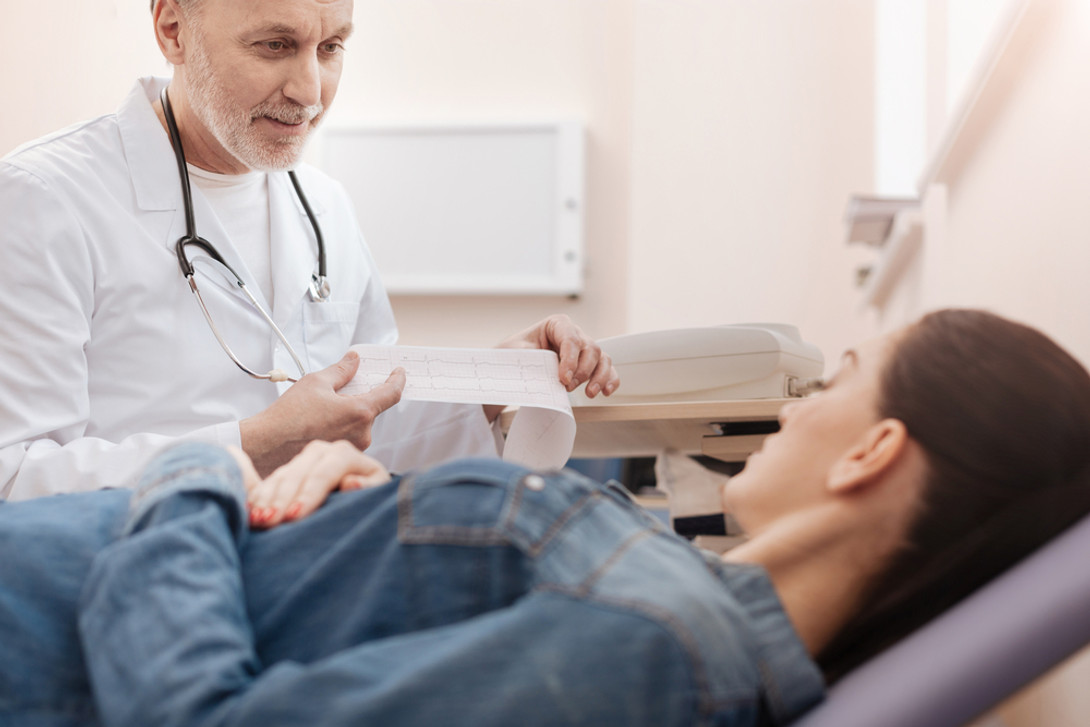It pays to take control and be prepared for your upcoming medical appointments. Bringing a list of the need-to-know information to your first cardiologist consultation can help make the situation smoother and less stressful.
Know Your Family’s History
Many common heart conditions are linked to family history, so think back to any relatives who may have had symptoms or diagnoses of cardiovascular disease. Conditions may include high blood pressure, high cholesterol, heart disease, diabetes, or aneurysms.
If you are unsure, be sure to ask for clarity from family members when possible. If you are unable to contact all of your close relatives, simply tell the doctor you are not certain and they will be able to guide you through the next steps.
Make Note of Any Medications
It is important to alert your physician of any prescription or over-the-counter medications you are taking. Include any vitamins, supplements, or herbs as these can also interact with drugs and have effects on the cardiovascular system.
It is also useful to note any drugs you have tried in the past for your condition and any other medications you have had an allergic or negative response to.
Be Aware of Your Daily Habits
Daily actions can have a big effect on the state of your heart and the vascular system. Note how many minutes of exercise you get per week, how many alcoholic drinks you have on average, and if you smoke and how often.
You may want to include other lifestyle factors that you’ve noticed impact your heart or blood pressure, such as a high-stress job, recent life changes, or any mental health diagnoses.
Bring a Notepad
To include the above details in an organized way, we suggest bringing a notebook with your details so you don’t have to worry about forgetting anything. Questions that arise before the appointment can also be jotted down for easy access.
You may also want to take notes during the consultation with your doctor, as they may provide a lot of information and feedback regarding your condition, especially during the first visit.
Note Your Symptoms
One of the most important things to mention to your cardiologist is the history of your own personal health. Note when any symptoms began and for how long.
Record your blood pressure readings, any time you’ve experienced cardiac-related discomfort, or if you have new side effects from any medications. You should also include your past surgeries, any past or current illnesses, and any recent blood work.
At the end of your appointment, you will be notified when and how often you will need to be followed up. Your cardiologist may ask you for diagnostic tests like blood work, stress tests, echocardiogram, or scans to get the best idea of your health. Cardiology has come a long way, and physicians have many treatments and diagnostic options for a variety of conditions.
Ask your doctor for their best mode of contact, so if you have new or worrying symptoms or new questions since you were last seen, you will be able to keep in touch. Your cardiologist is here to ensure you feel comfortable, heard, and have the best resources to improve your heart health.

